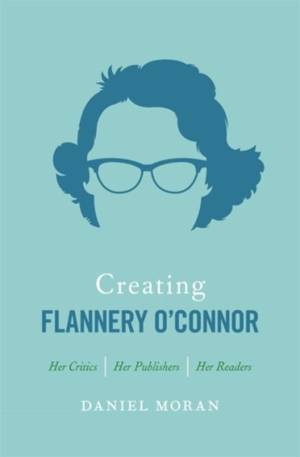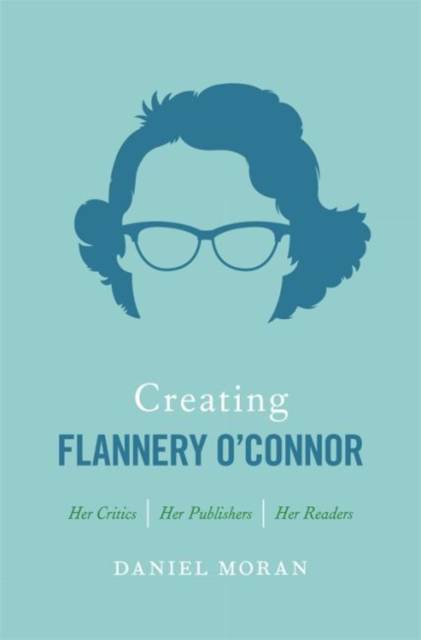
Je cadeautjes zeker op tijd in huis hebben voor de feestdagen? Kom langs in onze winkels en vind het perfecte geschenk!
- Afhalen na 1 uur in een winkel met voorraad
- Gratis thuislevering in België vanaf € 30
- Ruim aanbod met 7 miljoen producten
Je cadeautjes zeker op tijd in huis hebben voor de feestdagen? Kom langs in onze winkels en vind het perfecte geschenk!
- Afhalen na 1 uur in een winkel met voorraad
- Gratis thuislevering in België vanaf € 30
- Ruim aanbod met 7 miljoen producten
Zoeken
€ 60,95
+ 121 punten
Uitvoering
Omschrijving
Flannery O'Connor may now be acknowledged as the "Great American Catholic Author," but this was not always the case. With Creating Flannery O'Connor, Daniel Moran explains how O'Connor attained that status, and how she felt about it, by examining the development of her literary reputation from the perspectives of critics, publishers, agents, adapters for other media, and contemporary readers.
Moran tells the story of O'Connor's evolving career and the shaping of her literary identity. Drawing from the Farrar, Straus & Giroux archives at the New York Public Library and O'Connor's private correspondence, he also concentrates on the ways in which Robert Giroux worked tirelessly to promote O'Connor and change her image from that of a southern oddity to an American author exploring universal themes. Moran traces the critical reception in print of each of O'Connor's works, finding parallels between her original reviewers and today's readers. He examines the ways in which O'Connor's work was adapted for the stage and screen and how these adaptations fostered her reputation as an artist. He also analyzes how--on reader review sites such as Goodreads--her work is debated and discussed among "common readers" in ways very much as it was when Wise Blood was first published in 1952.Specificaties
Betrokkenen
- Auteur(s):
- Uitgeverij:
Inhoud
- Aantal bladzijden:
- 264
- Taal:
- Engels
Eigenschappen
- Productcode (EAN):
- 9780820349541
- Verschijningsdatum:
- 1/09/2016
- Uitvoering:
- Hardcover
- Formaat:
- Genaaid
- Afmetingen:
- 160 mm x 229 mm
- Gewicht:
- 498 g

Alleen bij Standaard Boekhandel
+ 121 punten op je klantenkaart van Standaard Boekhandel
Beoordelingen
We publiceren alleen reviews die voldoen aan de voorwaarden voor reviews. Bekijk onze voorwaarden voor reviews.









